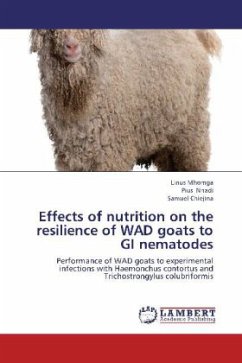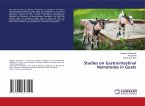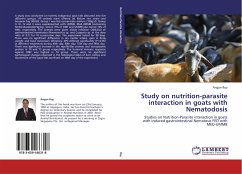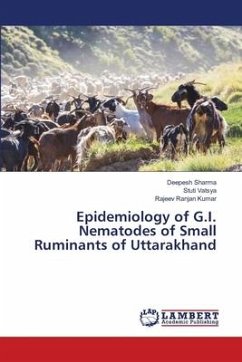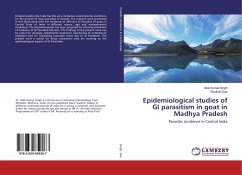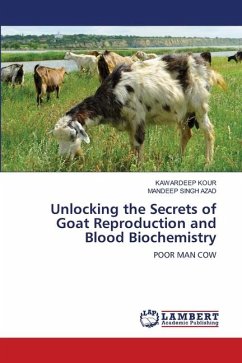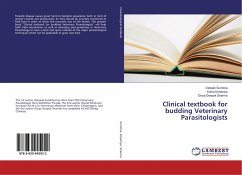Gastrointestinal nematode infections have been associated with loss of appetite, increase mucosal losses of nutrients and changes in the host metabolism. Research has shown that cheaper alternative methods such as use of tanniferous plants, nematode trapping fungi, development of parasite resistant genotypes and manipulation of host nutrition are options farmers could explore in their quest to control nematode infections in ruminants for higher productivity. The West African Dwarf (WAD) goat in Nigeria has demonstrated a strong resilient/ resistant to its native strain of Haemonchus contortus under field and experimental conditions. The focus of this book is on the effects of dietary protein supplementation on the performance of WAD goats to mixed experimental infections with Haemonchus contortus and Trichostrongylus colubriformis.
Bitte wählen Sie Ihr Anliegen aus.
Rechnungen
Retourenschein anfordern
Bestellstatus
Storno

